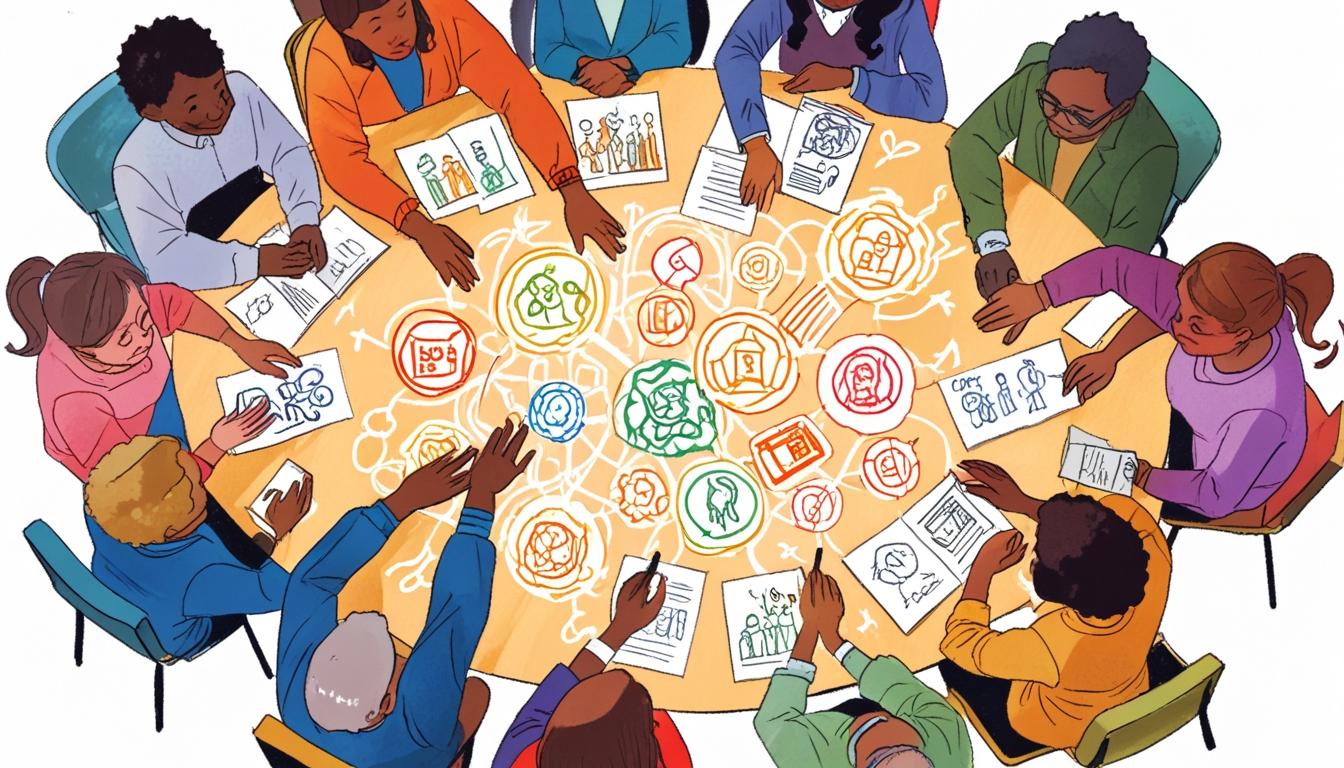The Palo Alto Unified School District (PAUSD) Board of Education has initiated a process to revise the district’s Promise, a mission-like statement that outlines its educational goals. Originally introduced in 2019, the Promise currently focuses on serving and celebrating others, mental health and wellness, literacy, equity and excellence, and innovation. The board discussed potential changes at its meeting on April 29, 2024, aiming to clarify and prioritise specific objectives within these broad categories.
Superintendent Don Austin led the discussion on redefining the “equity and excellence” component, responding to community feedback that this goal was often criticised for its lack of specificity. He highlighted contrasts within the district, referring to both high-achieving students who frequently receive outside tutoring and students of colour, particularly Hispanic students, who reportedly face disproportionate identification for special education—being six times more likely to be placed in such programmes.
Three newer board members—Rowena Chiu, Josh Salcman, and Alison Kamhi—proposed placing greater emphasis on academic challenge, strength, and placement for students. However, this suggestion met resistance from other board members and educational staff who questioned how success could be measured effectively and how the district could expand its offerings to support this aim. Vice President Shounak Dharap stressed that the primary role of public schools should be to ensure all students meet basic educational standards, cautioning that prioritising “academic rigor” might shift the district’s focus drastically. Board President Shana Segal noted ongoing initiatives, such as a teacher-led effort to develop an additional senior-level maths course for accelerated learners.
After extensive debate, the board agreed on a balanced approach that strives to both provide more challenging academic opportunities and ensure that vulnerable students meet essential learning benchmarks. Chiu articulated this stance by acknowledging the district’s resource advantages and proposing a “tailor-made experience” for students, though she differentiated this from private schooling.
In addition to academic concerns, board members and staff recommended broadening the district’s success metrics to include student preparedness for life beyond school and career readiness. The board unanimously supported elevating these criteria. Dharap drew parallels to his legal background, emphasising the importance of fostering civil engagement and preparing students to become informed voters who sustain democratic foundations. He questioned the role of public schools in encouraging students to contribute meaningfully to society, including social responsibility and civic engagement themes.
The board also discussed incorporating civic engagement and social responsibility explicitly into their goals, with suggestions such as climate advocacy being considered for inclusion. During the public comment period, many speakers endorsed stronger climate action within the PAUSD Promise, linking it to the district's dedication to mental health. Lumi Lee, a sophomore at Palo Alto High School, urged PAUSD to emulate the city’s lead by purchasing carbon offsets and prioritising efforts to reduce deforestation to decrease the district’s carbon footprint.
Other public commenters called for a renewed commitment to equity, outreach to underrepresented groups such as the Latino community, and advancements in mathematics education.
The ongoing review of the PAUSD Promise will continue at the board's meeting scheduled for 13 May 2024, with the objective of refining the district’s priorities and creating a more precise framework of goals for its educational programmes. The Palo Alto Weekly is reporting on these developments.
Source: Noah Wire Services
